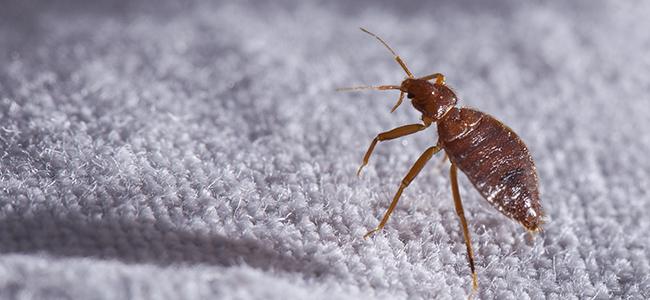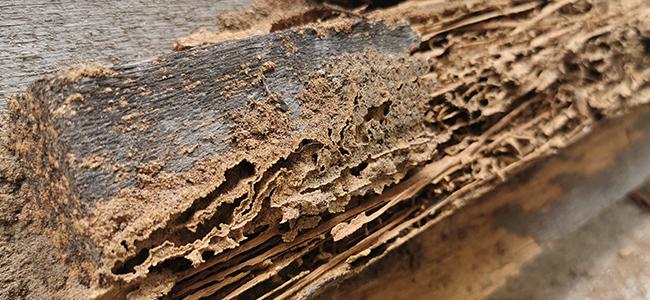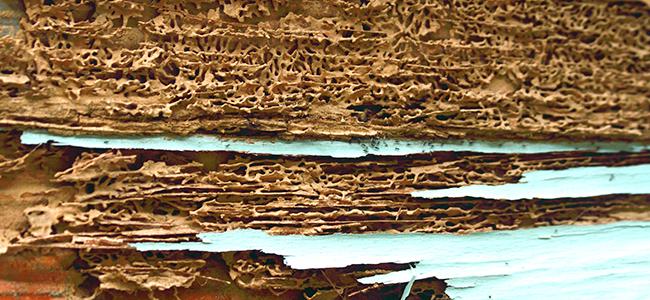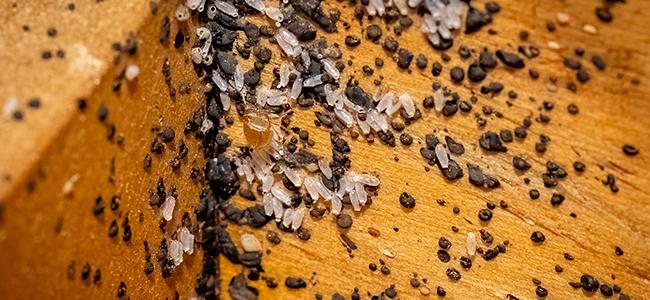Crucial Steps for Preventing Pest Infestation This Summer
07/27/2018
Ants
Bed bugs
Mosquitoes
Termites
Spring has been pretty busy in terms of pest activity and we've been working hard to give you key information to help you keep pests at bay, like
this blog on what spring pests to look for and spring-related pest control tips. Now that we're into summer, it's time to target the common summertime pests to help you enjoy a pest-free yard and home this season. Here are four summer pests you should definitely know about:
Ants
There are many different types of
ants that can come into your yard in the summertime. Some will bite your ankles, some will get into your home and spread harmful bacteria, and some will damage the structure of your home — it all depends on the species. Four species of ants found in our service area that will become more active this season are odorous house ants, pavement ants, fire ants, and carpenter ants, all of which can cause problems for homeowners.
Termites
When we talk about termites, we are referring to subterranean termites and, more specifically,
Eastern subterranean termites. These wood-destroying pests have a wide distribution all the way up and down the east coast, and are very destructive.
Mosquitoes
Mosquitoes are plentiful in the summer. In fact, summer is the height of mosquito season! The two
mosquitoes species that present the greatest concerns are Aedes aegypti and Aedes albopictus as they are the prime vectors for diseases such as West Nile, dengue, yellow fever, chikungunya, Zika, and more.
Bed Bugs
While
bed bugs live almost exclusively inside man-made structures, their populations increase during the summer months and the warm weather provides them an opportunity to spread outside these structures. Bed bugs respond favorably to the high humidity and warmth found in homes and businesses that are not temperature-controlled, and they often spread when people travel during the summer months.
DIY Strategies To Reduce Summer Pests
Controlling moisture levels in and around your home is key to the reduction of carpenter ants, termites, and mosquitoes as they are attracted to areas with high moisture levels.
- Inspect gutters and downspouts to make sure rainwater is being channeled away from your foundation walls.
- Trim tree branches back to allow the sun to dry any areas of damp soil.
- Create slopes around the exterior of your home so that rainwater doesn't puddle next to your foundation walls.
- Fix leaky spigots and hoses.
- If you use sprinklers, make sure to only give your landscaping and lawn the water it needs, and prevent vernal pools from forming.
- Keep leaves on your property raked up.
- Remove any containers on your property that could hold standing water; it only takes a half cup of water for mosquitoes to breed.
- If you have containers that cannot be removed from your yard, such as a birdbath, you can deter mosquitoes from using them as a breeding site by removing stagnant water and replacing it with fresh water on a weekly basis so mosquito larvae can’t develop.
Wood products invite
carpenter ants and termites. Try these tips to reduce food sources:
- Store firewood away from the exterior walls of your home and off the ground.
- Replace any wooden flower bed borders or other wooden products used in landscaping with stones.
- Paint or stain the untreated wood of decks, patios, porches, sheds, and other exterior structures; carpenter ants are especially attracted to untreated softwood.
Ants that invade your yard in search of food can be deterred by the following tips:
- Store trash in trash cans with sealing lids and clean trash bins every three months.
- Create a 2-foot space between your landscaping and the walls of your home.
- Reduce plants in your yard.
Bed bugs enter our homes in a different way; they don't come in from your yard, they come in right through your front door! Try these tips to keep them out:
- Learn the signs on a bed bug infestation and how to inspect for those signs.
- Always inspect the items that your kids bring home from a sleepover.
- Clean all clothing on the hottest temperature as it will kill bed bugs in every stage of development.
- Be aware that bed bugs are drawn to items that have been worn. Always put laundry in a sealed plastic bag when traveling or spending the night somewhere other than your home.
How Professional Pest Control Fits Into The Picture
While there are many things a homeowner can do to reduce breeding sites and conditions that inspire pest activity, there is no way to truly control pests without
DIY pest control methods. This is where a professional fits in! Your pest management professional has access to control products that the public does not and follow protocols developed by experts in the industry to ensure the proper results.
There is a lot that can go wrong when pest control treatments are not applied properly. At best, you'll just waste a lot of money and time without fixing your pest problems. At worst, the chemicals used can make pets, children, and adults sick, cause property damage, and ruin your landscaping. However, when
pest control is employed by an experienced and educated pest management professional, you'll have the best chance for success!
For assistance with pest control in DC, Maryland, and Northern Virginia,
start here.











